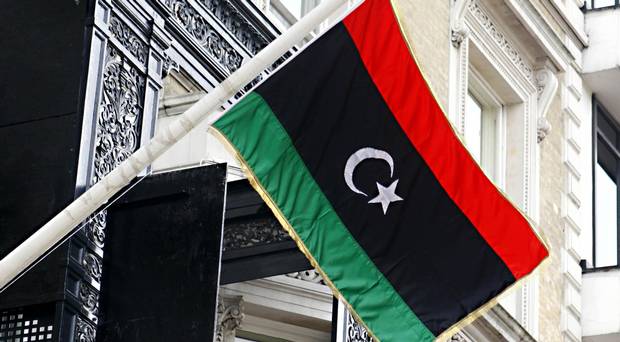Niger’s President Mohamed Bazoum, has pleaded with the UN to proceed with the holding of presidential election in Libya as planned on December 24.
According to him, the election, which is supposed to turn a new page for Libya after a decade of conflict, represents a “crucial” step to restore peace in this country and in the Sahel.
The Nigerien president spoke from New York while presiding over the United Nations (UN) Security Council.
“The 24 December deadline is crucial and my country hopes that the presidential election scheduled for that date will take place under good conditions and open the way to a dynamic of peace and stability,” explained Bazoum, whose country has been dealing with a jihadist threat for several years.
Bazzoum’s plea comes a few days after the proposal of the Libyan High State Council (HSC), a body acting as a Senate, to postpone to February the presidential election of December 24, citing “persistent disagreements between rival camps.”
Such a decision, if confirmed, would come in addition to the one taken by the Libyan Parliament to postpone by one month (January 2022) the legislative elections that should be held simultaneously with the presidential vote according to the UN roadmap.
While the final list of candidates is still pending, the holding of the presidential elections in a few days’ time seems increasingly uncertain.
Bazzoum’s Niger and Libya are linked by history and geography.
Last September, Bazoum received the vice-president of the Libyan Presidential Council, Moussa Al Konni, to discuss his concerns on the issue of “migration, security and stability within the Community of Sahel-Saharan States (CEN-SAD).”
Libya, which borders Chad, another Sahel state, shares several hundred kilometres of a common border with Niger.
It is an area often exploited by arms and drug traffickers as well as illegal syndicates for irregular migration to Europe.
CD/lb/as/APA


